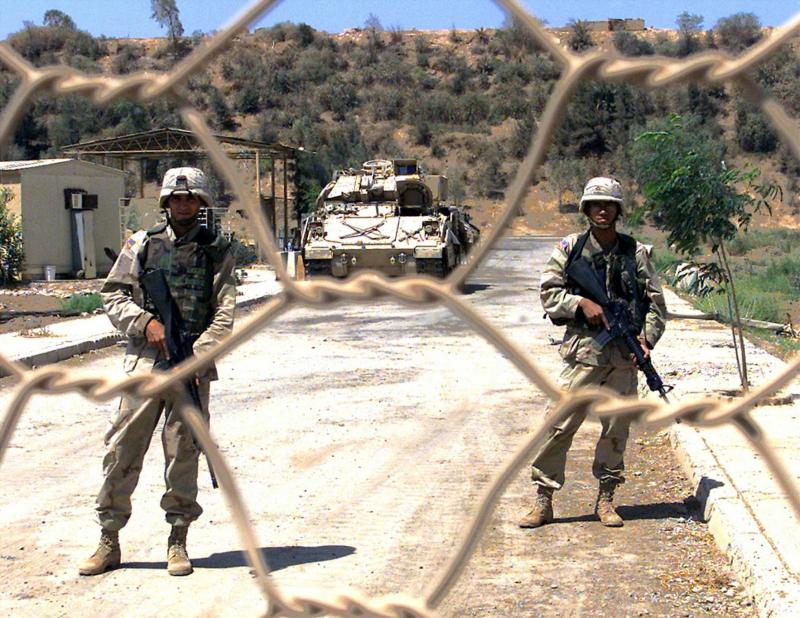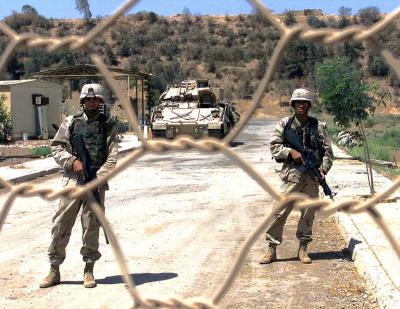The Joint Arab Defense Agreement has resurfaced, prompting questions about its key provisions, when it can be utilized, and how it can be activated.
In 1950, seven Arab countries—Egypt, Jordan, Syria, Iraq, Saudi Arabia, Lebanon, and Yemen—signed the "Joint Defense and Economic Cooperation Agreement" in Cairo. Other Arab nations, including Somalia, joined in the subsequent years. The agreement consists of 13 articles stating that any aggression against any signing state is considered aggression against all. Any harm to one signatory is a direct affront to the others.
Article 2 of the treaty states that "the contracting states consider any armed aggression against one or more of them or their forces as aggression against all. Therefore, in exercising the right of legitimate defense (both individual and collective) for their existence, they commit to aiding the attacked state(s) and to immediately take all measures, individually and collectively, utilizing all means, including the use of armed force to repel the aggression and restore security and peace." According to Article 3, the contracting states must consult each other whenever the territorial integrity, independence, or security of any member is threatened. In the event of imminent war or sudden international danger, the contracting states must unite their plans and efforts to take necessary preventive and defensive measures, as stated in Article 3. The treaty established two main organizations within the Arab League: the Joint Defense Council and the Economic Council (renamed the Economic and Social Council in 1980).
Has it been activated before?
The agreement marked a significant change in the Arab League's framework, which previously did not obligate its members to abide by unapproved decisions. The treaty established the Joint Arab Defense Council, whose decisions taken by a two-thirds majority are binding on all, according to the Al-Ahram Center for Political and Strategic Studies.
However, the treaty has never been fully implemented even once. Yet, it provided a legal framework for protecting Arab security, should the need arise. Despite a provision obliging all Arab nations to repel aggressions against any Arab state through military and economic means, this clause has not been activated "not during Israel's invasion of Lebanon in 1982 nor to repel Iraq's attack on Kuwait in 1990, or many other events affecting Arab nations."
Some Gulf Cooperation Council countries, namely Saudi Arabia, the UAE, Bahrain, Qatar, and Oman, participated modestly in military assistance to Kuwait during the Iraqi invasion, in line with the agreement. Egypt participated in Operation Desert Storm, which liberated Kuwait in February 1991, deploying the largest number of troops at nearly 34,000, under the name "Arabness 90,” per the agreement.
Joint Arab Force
In 2015, a protocol was introduced to form a joint Arab force. The Arab League Council approved decision No. 628 on March 29, 2015, establishing a joint Arab force to maintain Arab national security as mandated by the Arab League charter and related documents, including the Joint Arab Defense Agreement. Article 3 outlines the duties of the joint Arab forces, including "participating in securing relief operations, humanitarian assistance, protecting civilians in emergencies arising from armed conflicts or natural disasters, as well as facing challenges and terrorist threats, safeguarding land, sea, and air transportation, and search and rescue operations, along with any other tasks determined by the Defense Council."
Despite the treaty stipulating the formation of a "permanent joint Arab military force," this mechanism has not been activated since 1950. The reasons for this lie in the "numerous political, strategic, and ideological differences between the Arab nations that are members of the agreement," which remain a "barrier" to full implementation. To date, we have not witnessed any actual Arab solidarity among states, except for limited special relationships and temporary alliances based on common interests.




